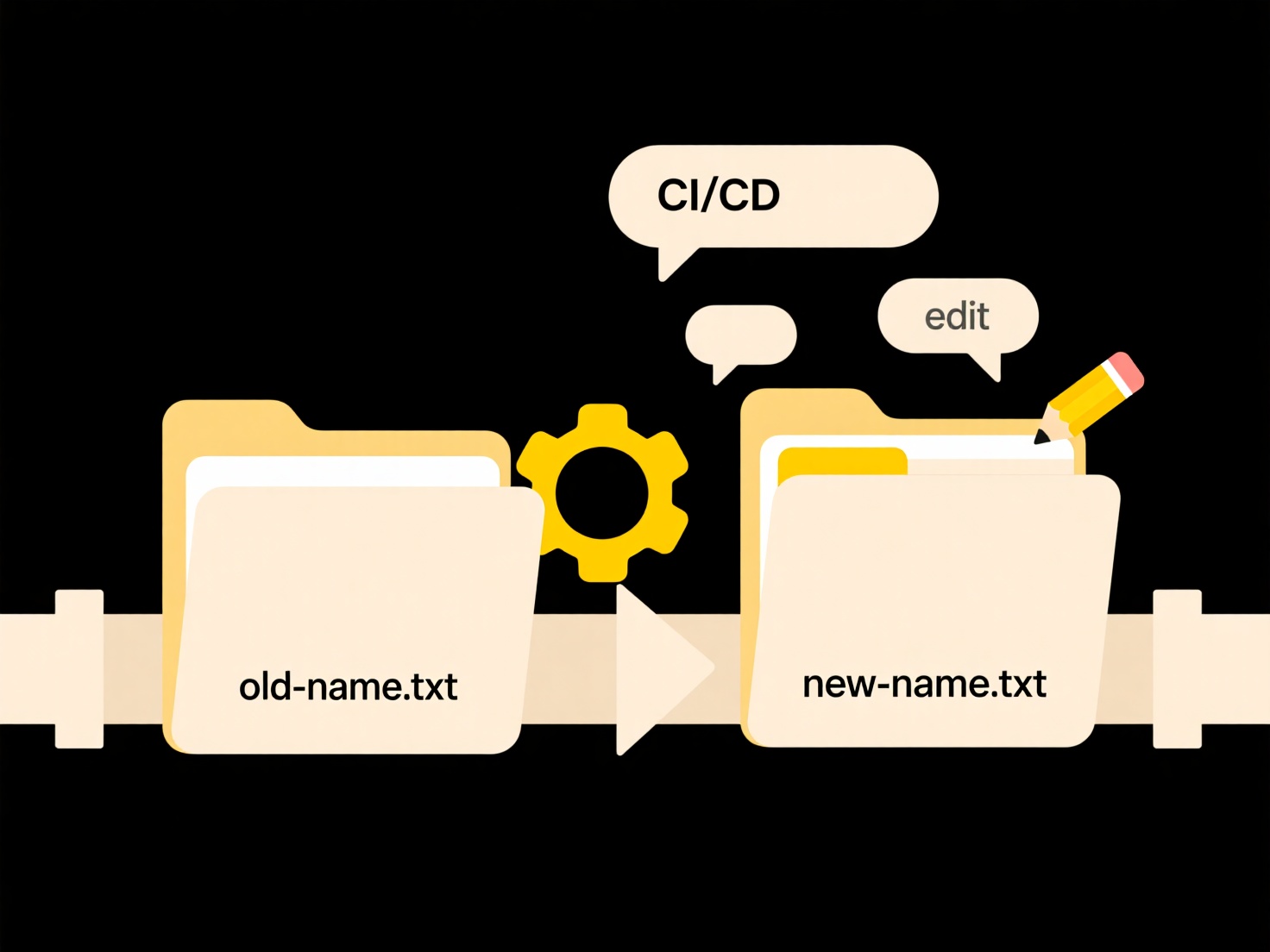
Legacy media formats such as RealPlayer's RealMedia (.rm, .ra) and Adobe Flash (.swf, .flv) were once dominant web streaming solutions before being largely replaced by modern codecs and container formats like MP4 (H.264/H.265/AAC). Opening these formats today presents challenges because the proprietary software designed to play them, like RealPlayer and Adobe Flash Player, is obsolete, unsupported, and poses significant security risks if installed. Accessing the content requires specialized workarounds since modern web browsers and media players no longer natively support them.
To open RealMedia files, options include seeking outdated, potentially insecure versions of RealPlayer (highly discouraged), or using modern players like VLC Media Player which still supports many legacy formats. For Flash SWF files, dedicated stand-alone players like SWF File Player exist, though compatibility varies. Alternatively, specialized online or offline converters can transform legacy files into universally compatible formats like MP4. Archives, educational institutions, or users accessing historical content are common places these tools are needed.

While opening legacy formats preserves valuable historical or personal media, key limitations and risks exist. Relying on outdated native players creates vulnerabilities due to unpatched security flaws. Stand-alone players or conversion tools are generally safer but may have playback limitations with complex interactive content originally dependent on Flash Player. Converting or emulating these formats is the practical path forward, but original interactive functionality might be lost. Ultimately, migrating essential content to modern standards is strongly recommended for security and longevity.
How do I open legacy media formats (e.g., RealPlayer, Flash)?
Legacy media formats such as RealPlayer's RealMedia (.rm, .ra) and Adobe Flash (.swf, .flv) were once dominant web streaming solutions before being largely replaced by modern codecs and container formats like MP4 (H.264/H.265/AAC). Opening these formats today presents challenges because the proprietary software designed to play them, like RealPlayer and Adobe Flash Player, is obsolete, unsupported, and poses significant security risks if installed. Accessing the content requires specialized workarounds since modern web browsers and media players no longer natively support them.
To open RealMedia files, options include seeking outdated, potentially insecure versions of RealPlayer (highly discouraged), or using modern players like VLC Media Player which still supports many legacy formats. For Flash SWF files, dedicated stand-alone players like SWF File Player exist, though compatibility varies. Alternatively, specialized online or offline converters can transform legacy files into universally compatible formats like MP4. Archives, educational institutions, or users accessing historical content are common places these tools are needed.

While opening legacy formats preserves valuable historical or personal media, key limitations and risks exist. Relying on outdated native players creates vulnerabilities due to unpatched security flaws. Stand-alone players or conversion tools are generally safer but may have playback limitations with complex interactive content originally dependent on Flash Player. Converting or emulating these formats is the practical path forward, but original interactive functionality might be lost. Ultimately, migrating essential content to modern standards is strongly recommended for security and longevity.
Quick Article Links
Does Wisfile work for organizing resumes and cover letters?
Does Wisfile work for organizing resumes and cover letters? Wisfile efficiently organizes resumes and cover letters u...
How should students organize files for different classes?
Students organizing files for different classes refers to creating a systematic structure for saving digital coursework,...
What format ensures the least data loss?
Lossless formats preserve all original data during compression and decompression, ensuring perfect reconstruction. This ...